
Mud Volcano
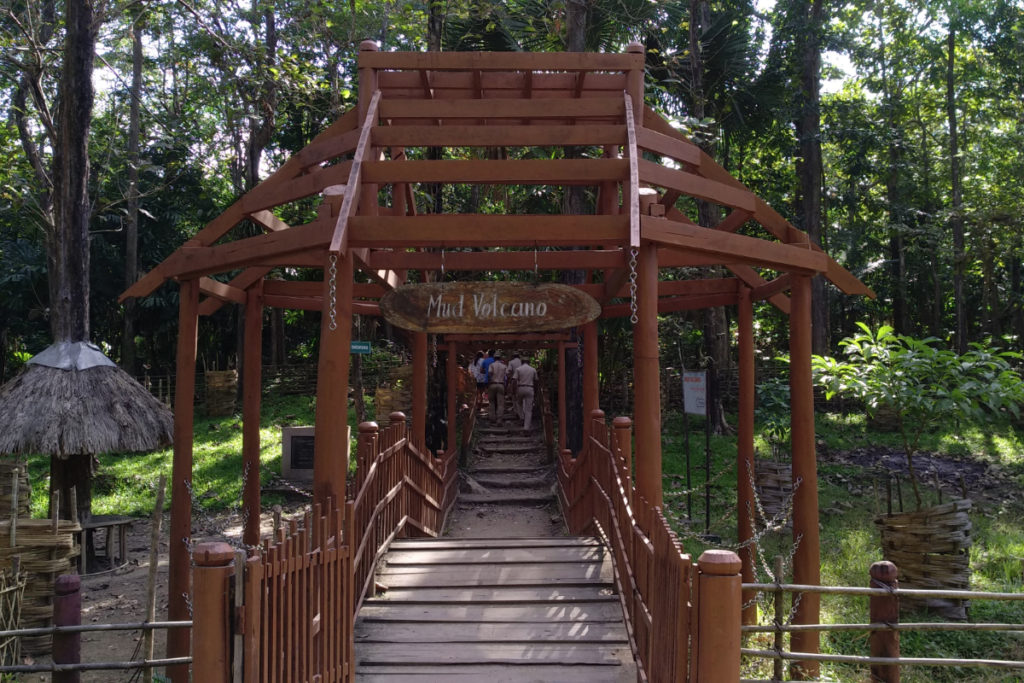
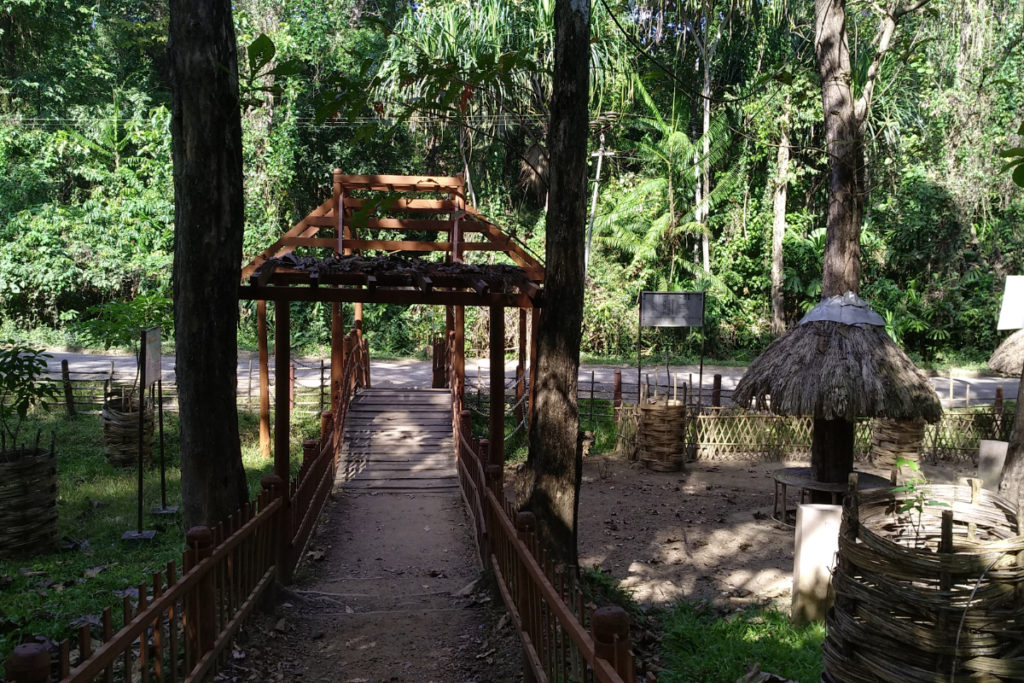
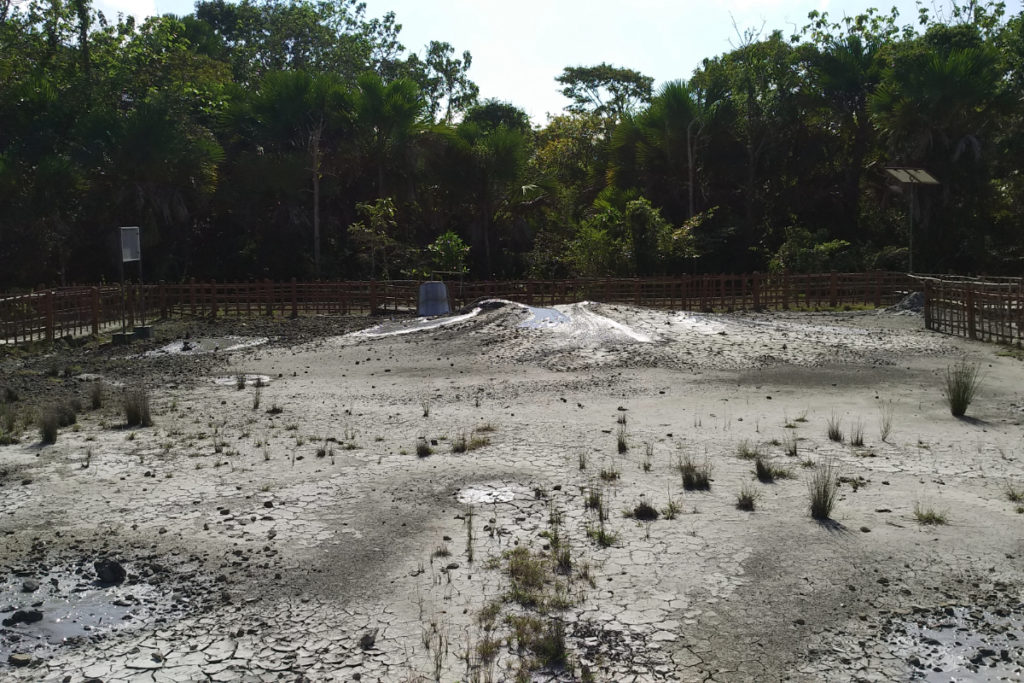
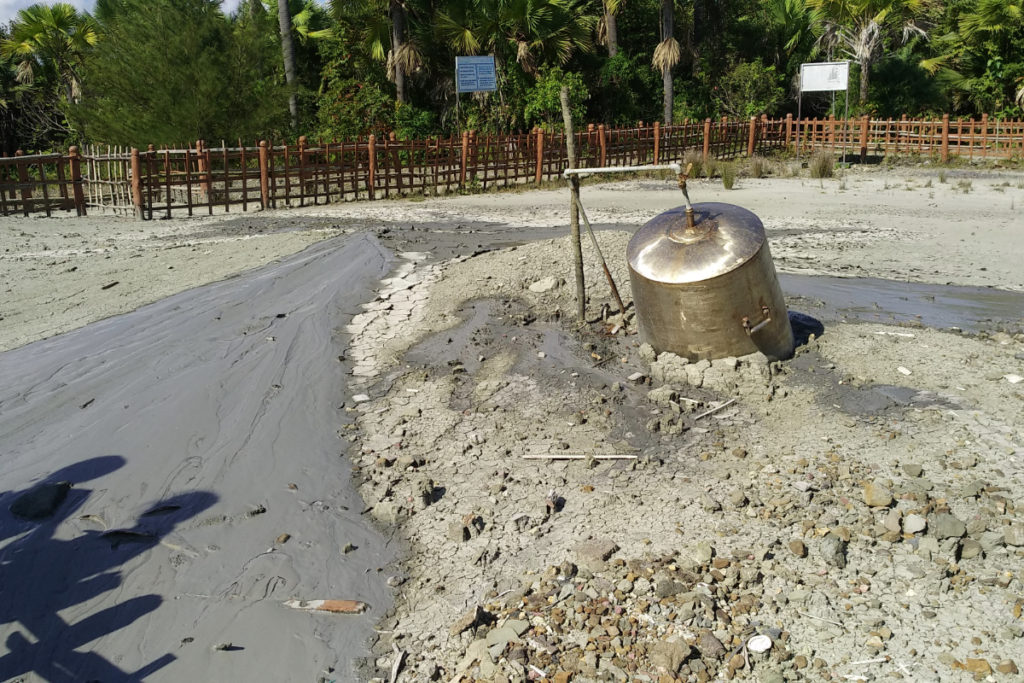
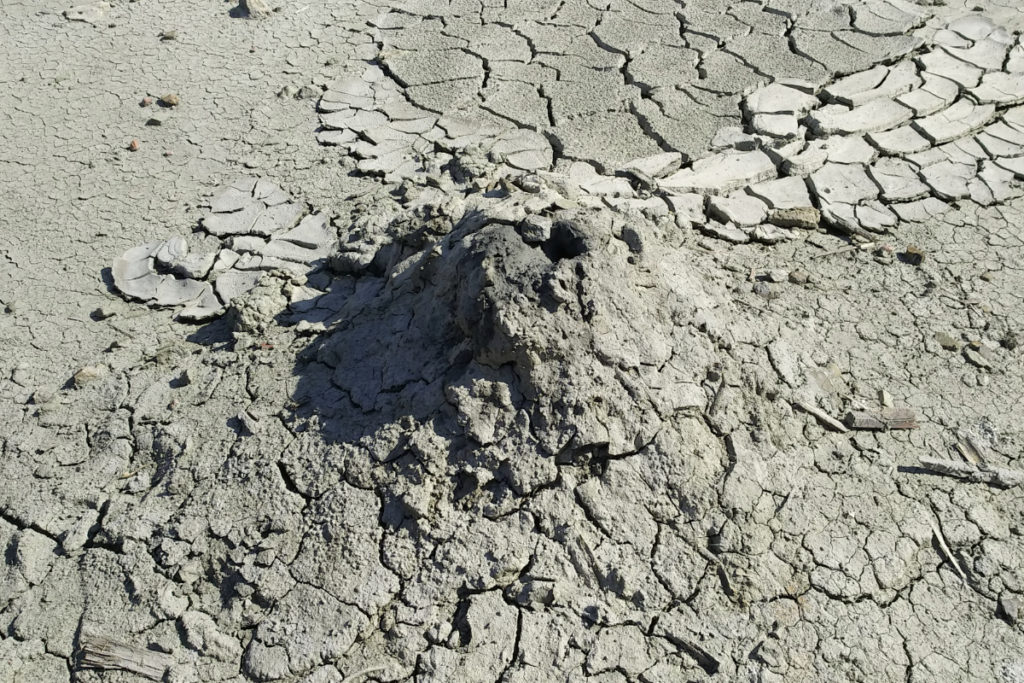
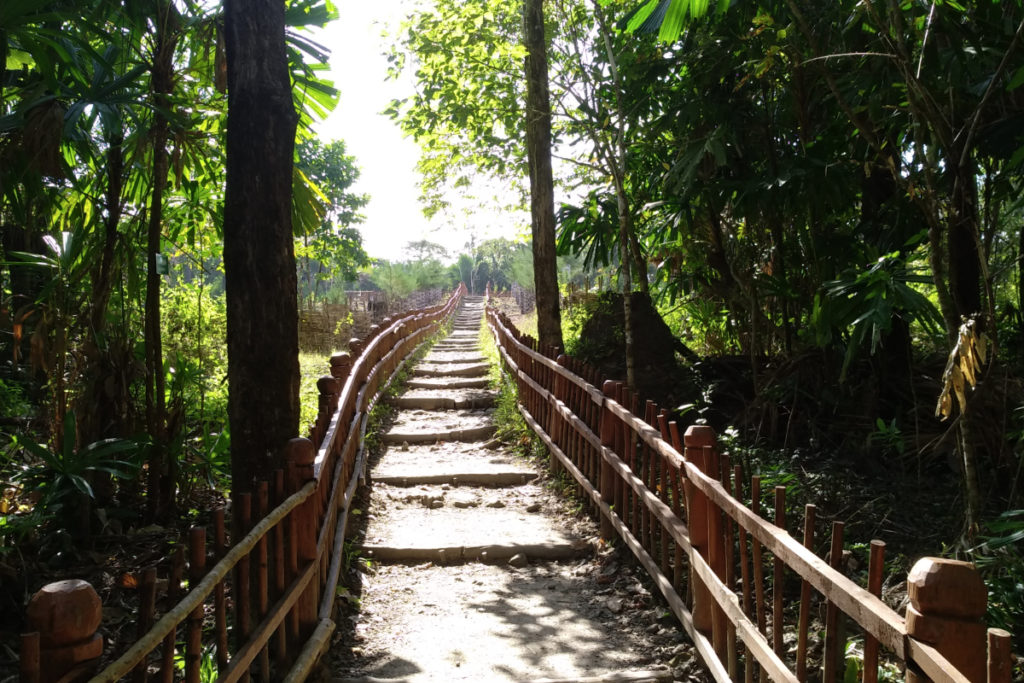
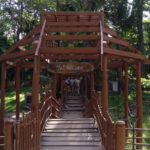
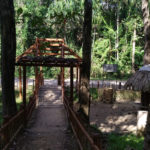
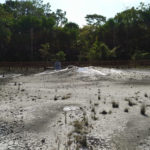
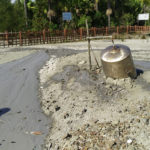
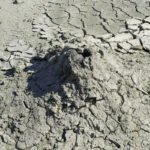
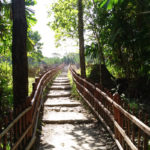
Mud Volcano at Baratang Island
HIGHLIGHTS
Distance from Airport: 100 KM
ADDRESS: Middle Andaman
Transportation Options: By Vehicle
Visiting Time: 0700 -1615 Hrs
Closing Day: Everyday Opens
Entry Ticket: Nil
Camera Charges: Nil
Guide Availability: No
Trip Duration: 06 Hours
Food Option: No
Major Attraction: Mud Volcano and Natural Beauty/ Tracking / Photography
CAUTION: Be aware of leech in monsoon
Mud Volcano
DESCRIPTION
The Mud Volcano located in Baratang Island of the Andaman and Nicobar Islands is a unique natural wonder that attracts many visitors to the region. It is the only known example of its kind in India and is created by natural gases emitted by decaying organic matter underground that push mud upwards, creating small muddy craters.
While the sight may not be visually stunning as it is just a pile of dried or small bubbling puddles of mud, it offers a fascinating insight into the science behind these volcanoes. There are eleven mud volcanoes in the Andaman group of islands, with eight located in Baratang and Middle Andaman, and the other three in North Andaman.
The journey to the Mud Volcano is a memorable one, with a sea journey and a journey through mangroves. Visitors can hike and walk over the volcanic lines around the island, formed several years ago, and witness nature’s mysterious creations. The volcanoes do not erupt hot molten lava, but instead release natural gases like methane as explosions.
While the Mud Volcano may not be visually appealing to some visitors, it is a fascinating sight for those interested in scientific exploration. The average temperature at any active volcano ranges from 100 degrees centigrade to as low as 2 degrees, and some people even use the volcanoes for a mud bath, especially the ones in lower temperature range.
Overall, the Mud Volcano in Baratang Island is an excellent natural wonder that showcases the beauty and diversity of the Andaman and Nicobar Islands. It is a unique and rare sight that should not be missed by visitors who want to experience nature’s mysterious creations and understand the science behind them.
BEST TIME TO VISIT AT MUD VOLCANO
The best time to visit a mud volcano depends on the location and weather patterns of the area. Generally, mud volcanoes are more active during the rainy season when there is more moisture in the ground, but visiting during this time may make it harder to access due to muddy and slippery terrain. Alternatively, visiting during the dry season may offer more pleasant weather and easier terrain. It’s also important to consider the temperature of the area, with some mud volcanoes located in hot or humid environments, so visiting during cooler months may be more comfortable. Ultimately, researching the area and checking weather forecasts will help plan the best time to visit a mud volcano.
HOW TO REACH AT MUD VOLCANO
To reach the Mud Volcano in Baratang, visitors can take a ferry or a speed boat from Port Blair to Baratang Island and hire a taxi from Baratang Jetty for a two-way trip to the volcano. The volcano is about 7 km away from the jetty and can be reached by road with a short walk up a rocky path from the entrance. Visitors should plan for a journey that can take several hours and bring necessary supplies such as water, snacks, and sunscreen.
THINGS TO DO AT MUD VOLCANO
While the Mud Volcano may not be the most visually appealing tourist attraction in Andaman, it is a fascinating natural wonder that is worth a visit. Here are some things you can do at the Mud Volcano.
Observe the Mud Volcano: The main attraction is, of course, observing the mud volcano. You can witness the bubbling mud and experience the strange odor that emanates from the area.
Learn about the Science: You can learn about the science behind the Mud Volcano and how it is created. The tour guides and signboards provide information about the formation of the volcano, and you can gain a deeper understanding of the geology and ecology of the Andaman Islands.
Visit Limestone Caves: Most tour packages to the Mud Volcano also include a visit to the Limestone Caves. The caves are a natural wonder with beautiful rock formations, stalactites, and stalagmites. The tour guides provide interesting facts and information about the history and geology of the caves.
Enjoy the Scenic Beauty: The journey to the Mud Volcano is a beautiful experience in itself. You can enjoy the scenic beauty of the Andaman Islands, including the lush green forests, pristine beaches, and crystal-clear waters.
In summary, visiting the Mud Volcano offers a unique opportunity to witness a natural wonder and gain a deeper understanding of the Andaman Islands’ geology and ecology.
WHAT TO EAT NEAR MUD VOLCANO
There may not be any food options available near the Mud Volcano in Baratang. Visitors should plan ahead and bring their own food and drinks as a backup plan to ensure they have enough to eat during their visit. It’s important to respect the environment and wildlife in the area by packing out any trash or waste and leaving the area clean.
TRAVEL TIPS WHILE GOING TO VISIT MUD VOLCANO AT BARATANG
Here are some travel tips for visiting the Mud Volcano in Baratang:
- Plan ahead and book transportation and accommodations in advance, as the area can be remote and accommodations may fill up quickly.
- Check the weather forecast and prepare accordingly, as the area can experience heavy rainfall and adverse weather conditions.
- Bring cash or small change for admission fees, transportation, and other expenses, as credit card and ATM services may be limited or unavailable in the area.
- Respect the environment and wildlife in the area by packing out any trash or waste and leaving the area clean.
Be mindful of local customs and regulations, and follow any guidelines provided by the local authorities. - Bring sunscreen, insect repellent, a water bottle, and comfortable walking shoes or sneakers for the rocky path.
- Consider bringing snacks or food, as there may not be any food options available near the site.
Be aware of any travel advisories or restrictions, and follow COVID-19 protocols and guidelines if they are in place.
By following these travel tips, visitors can have a safe and enjoyable experience exploring the Mud Volcano in Baratang.
Frequently
Asked Questions
A mud volcano is a geological phenomenon that occurs when pressurized mud and gases are forced up to the surface through a vent, creating a mound of mud.
Yes, it is generally safe to visit the Mud Volcano in Baratang. However, visitors should follow local regulations and guidelines and be aware of any travel advisories or restrictions.
Yes, there is an admission fee for visiting the Mud Volcano. The fee is usually nominal and goes towards maintaining the site.
There may not be any food options available near the Mud Volcano. Visitors should plan accordingly and consider bringing their own food and drinks.
Visitors can reach the Mud Volcano by road from the Baratang jetty. It’s recommended to hire a cab for a two-way trip since transport is not readily available in the area.
There is no accommodation available directly at the Mud Volcano site. Visitors can find accommodation options in nearby towns such as Rangat, Diglipur, or Port Blair.
Visitors should bring sunscreen, insect repellent, a water bottle, snacks or food, comfortable walking shoes or sneakers, a camera or phone, and cash or small change for any admission fees or other expenses.
Yes, visitors can also consider visiting nearby attractions such as the Baludera Beach, limestone caves, and mangrove forests. It’s important to plan ahead and factor in travel time and distance.



